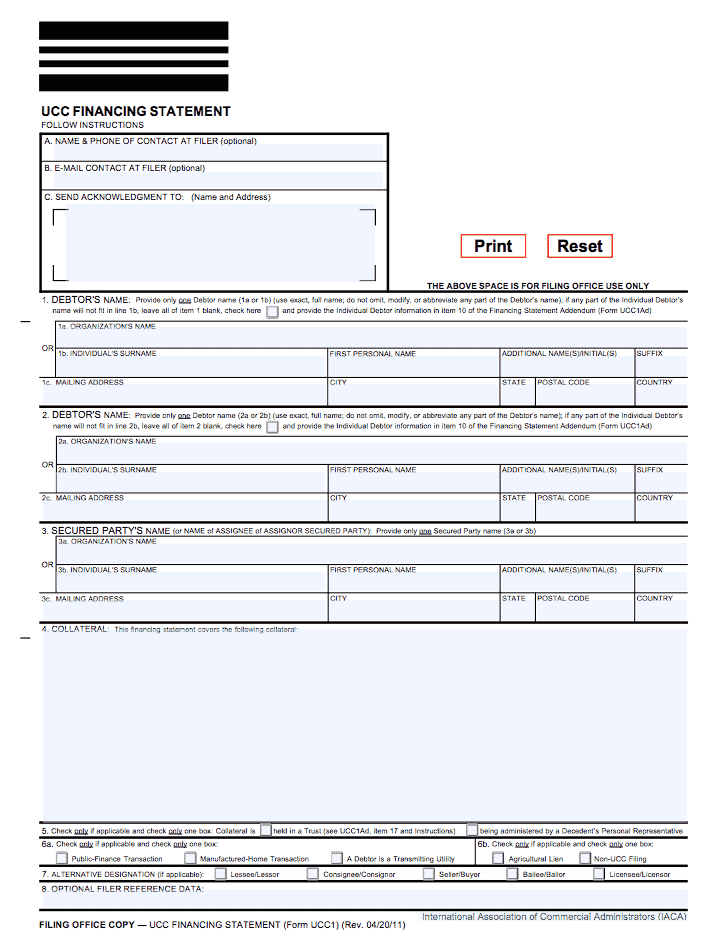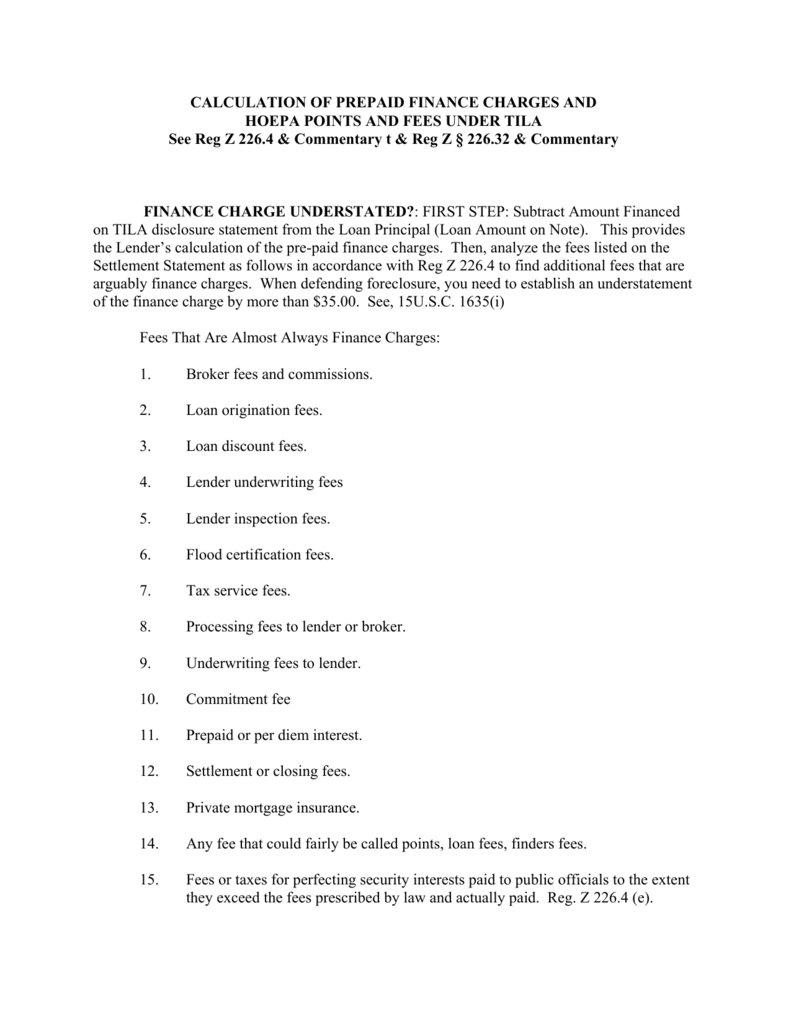For this factor, choices are typically considered less dangerous than stocks (if utilized properly). However why would a financier usage choices? Well, purchasing options is basically banking on stocks to increase, down or to hedge a trading position in the market - which of the following is not a government activity that is involved in public finance?. The rate at which you accept purchase the hidden security by means of the alternative is called the "strike price," and the cost you spend for buying that option contract is called the "premium." When determining the strike cost, you are wagering that the possession (usually a stock) will increase or down in price.
There are 2 various sort of choices - call and put alternatives - which provide the investor the right (but not obligation) to offer or purchase securities. A call choice is an agreement that provides the investor the right to buy a specific amount of shares (normally 100 per contract) of a specific security or product at a specified price over a certain quantity of time. However, the broad describes are similar. Financial options are utilized either to hedge against risks by purchasing agreements that will pay if something with unfavorable financial effects happens, or since it enables traders to amplify gains while limiting disadvantage threats. Financial weslyn financial options include the risk of losing some or all of the agreement cost, if the market moves versus the pattern anticipated, and counterparty risks, such as broker insolvency or specialists who do not satisfy their contractual obligations.
Options trading can be complex a lot more so than stock trading. When you buy a stock, you simply choose how numerous shares you want, and your broker fills the order click here at the prevailing market cost or a limit cost you set. Trading alternatives requires an understanding of innovative methods, and the process for opening an options roderick sign company trading account includes a couple of more steps than opening a common financial investment account.
( Required to brush up on puts, calls, strike costs and other options trading terminology? See our post on options trading 101). Compared to opening a brokerage represent stock trading, opening a choices trading account requires larger quantities of capital. And, offered the complexity of predicting several moving parts, brokers need to understand a bit more about a possible investor before granting them a consent slip to begin trading choices.
You'll need to supply a potential broker: Investment goals. This might consist of earnings, growth, capital conservation or speculation. Trading experience. The broker will need to know your understanding of investing, how long you have actually been trading stocks or options, how lots of trades you make annually and the size of your trades.
Have on hand your liquid net worth (or financial investments easily sold for money), annual earnings, total net worth and employment info. The kinds of alternatives you wish to trade. Based upon your answers, the broker generally appoints you a preliminary trading level (generally 1 to 4, though a 5th level is becoming more common) that is your secret to putting particular types of options trades.
The Ultimate Guide To What Is A Finance Charge On A Car Loan

The broker you select to trade options with is your most crucial investing partner. Finding the broker that offers the tools, research, assistance and assistance you need is particularly important for financiers who are new to choices trading. This identifies what kind of choices agreement you take on. If you believe the cost of a stock will increase, you'll purchase a call option (what does it mean to finance something).
As a refresher, a call alternative is a contract that provides you the right, however not the commitment, to buy a stock at an established cost (called the strike price) within a certain period. A put option offers you the right, however not the commitment, to offer shares at a stated cost before the agreement ends.
( For call options, it's above the strike; for put alternatives, it's listed below the strike.) You'll wish to buy a choice with a strike rate that shows where you forecast the stock will be throughout the option's lifetime. For example, if you believe the share rate of a company currently trading for $100 is going to increase to $120 by some future date, you 'd buy a call alternative with a strike price less than $120 (preferably a strike price no higher than $120 minus the expense of the choice, so that the choice stays lucrative at $120).
Similarly, if you think the business's share price is going to dip to $80, you 'd purchase a put choice (providing you the right to offer shares) with a strike rate above $80 (ideally a strike rate no lower than $80 plus the cost of the choice, so that the choice stays profitable at $80).
You can't select simply any strike cost. Alternative quotes, technically called alternative chains, include a variety of readily available strike prices. The increments between strike costs are standardized across the industry for instance, $1, $2. 50, $5, $10 and are based upon the stock price. The price you pay for an alternative, called the premium, has 2 components: intrinsic value and time worth.
Time worth is whatever is left, and elements in how unstable the stock is, the time to expiration and rate of interest, among other elements. For example, suppose you have a $100 call option while the stock costs $110. Let's assume the option's premium is $15. The intrinsic worth is $10 ($ 110 minus $100), while time value is $5.
The Facts About Why Are You Interested In Finance Uncovered

Every choices contract has an expiration date that suggests the last day you can exercise the alternative. Here, too, you can't simply pull a date out of thin air. Your options are limited to the ones used when you call up an alternative chain. Expiration dates can range from days to months to years.
For long-term investors, month-to-month and annual expiration dates are more suitable. Longer expirations offer the stock more time to move and time for your financial investment thesis to play out. A longer expiration is likewise useful because the alternative can maintain time value, even if the stock trades below the strike rate.
If a trade has actually broken them, they can generally still offer any time worth remaining on the alternative and this is most likely if the alternative contract is longer. View Morningstar's leading stock picks With a 14-day complimentary trial * of Morningstar Premium, you'll get up-to-date expert stock research to help drive your financial investment decisions. * Paid membership thereafter, see Morningstar.
Call and put choices are derivative investments, meaning their cost motions are based on the cost motions of another financial product. how do most states finance their capital budget. The financial product a derivative is based upon is typically called the "underlying." Here we'll cover what these options mean and how traders and buyers use the terms. Alternatives can be specified as agreements that offer a purchaser the right to buy or offer the hidden asset, or the security on which a derivative contract is based, by a set expiration date at a particular price.